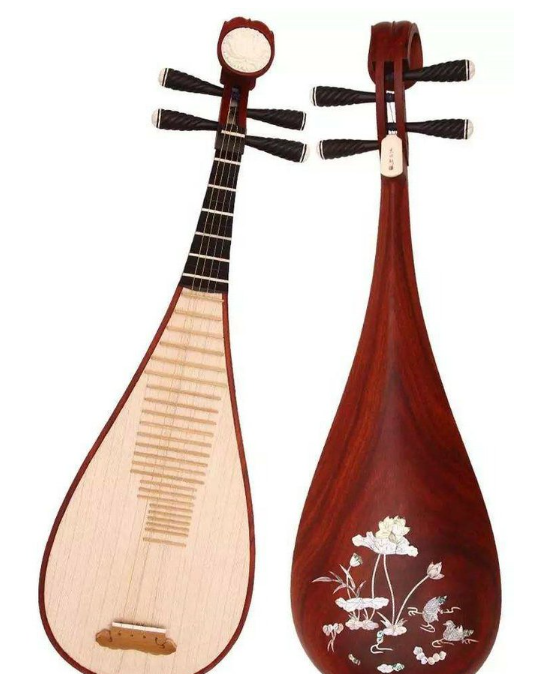How to maintain the northern pipa
Pipa is mainly composed of dozens of wood and other parts, all of which are glued together, so the storage can neither be too wet nor too dry. Do not put it near the radiator in the northern winter.

After using the lute, get into the habit of putting it in the piano bag or case immediately, and keep the bag or case in a dry and proper place.
For example, when the pipa is temporarily placed on the table after the performance, it is advisable to place the pipa flat in the center of the table, and it is not advisable to place the pipa upright and lean against the center of the wall. If you need to lean upright against the wall, you can only lean against the corner of the wall, so that the four lutes of the pipa are against the walls on both sides. The bottom suffered from trauma such as fall damage.
At present, when gluing panels and heads, water glues such as yellow fish glue are generally used. This kind of glue is most afraid of moisture, and degumming will occur when it is wet. After degumming, the volume will be weakened and the sound will be more damaged. Therefore, it should not be placed in a humid place, nor can it be wetted by rain.
Another reason not to let the pipa get wet is: when the panel is wet with water, a lot of water is absorbed into the plane board, which will also reduce the volume. Therefore, even if the chemical glue that is not afraid of moisture is used in the adhesive panel and other aspects, the moisture-proof of the pipa should still be cited as an aspect that needs to be paid attention to.
In addition, direct sunlight should be avoided; the strings should be relaxed when not in use for a long time to avoid degumming of the bergamot; some bamboo products of the pipa will be worn more after long-term use, which will cause damage, and you can go to a professional at this time. The musical instrument store is re-exchanged.
 渝公网安备 50010702504639号
渝公网安备 50010702504639号